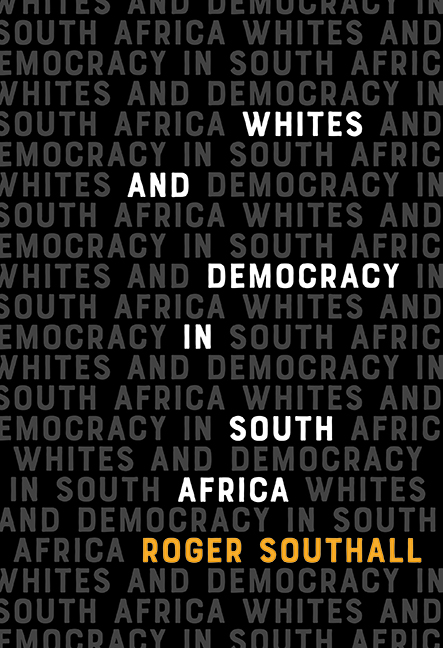3 - Securing the Transition? Whites and the TRC
Published online by Cambridge University Press: 26 May 2022
Summary
A poll conducted for the London Times in 1986 had found that 72 per cent of whites believed apartheid would be gone within ten years. The accompanying fears about the consequences of black majority rule ensured that whites would extend the gospel of reconciliation, preached most notably by Nelson Mandela, a warm if still highly cautious welcome. Relatively few whites proceeded to vote for the ANC in the first democratic election, but there was no doubting the hero worship they directed towards Mandela as president. Surprise that the ANC was not vengeful was accompanied by massive relief. Even so, whites’ responsibility for apartheid could not simply be wished away. Even amid the warm glow of rainbowism, there was no alternative but for whites to confront the past.
The forum for exploring this was provided by the TRC. This sat between December 1995 before handing over the first five volumes of its findings to the new government in October 1988. Today, despite having been subjected to extensive criticism, the TRC is widely acclaimed as having made a major contribution to easing South Africa's transition to democracy. What follows is an outline of the processes of the TRC, and the extent to which it was able to hold whites accountable for apartheid.
The TRC
Transitions to democracy take place in a wide variety of circumstances, ranging from the total defeat of one party to conflict by another (as occurred in Germany in 1945) to situations where parties to conflict conclude that the costs of continuing hostilities outweigh the benefits (as in South Africa by the early 1990s). An extensive literature on democratic transitions is constructed around the dynamics of such processes, its ‘realistic’ thrust being that successful transitions are required to be pragmatic as much as idealistic and to engage in the search for viable ‘second-best’ solutions which reflect the particularities of power differentials in local conditions. Building upon this foundation, the idea of transitional justice proposes that transitions to democracy are likely to be successful only to the extent that they incorporate significant efforts to actively reconcile previously conflicting parties.
The fundamental proposition of transitional justice theory is that societies which have experienced deliberately inflicted traumas, such as genocide or extreme assaults on human rights, need to ‘confront their past’ if a successful transition from authoritarian rule to democracy or from violent conflict to peace is to be achieved.
- Type
- Chapter
- Information
- Whites and Democracy in South Africa , pp. 61 - 74Publisher: Boydell & BrewerPrint publication year: 2022



